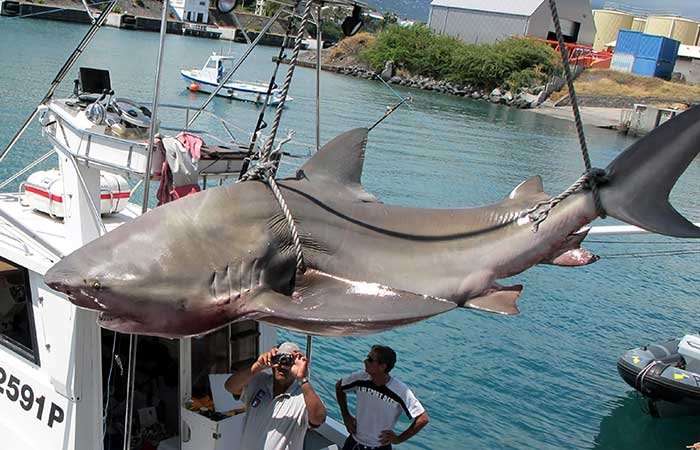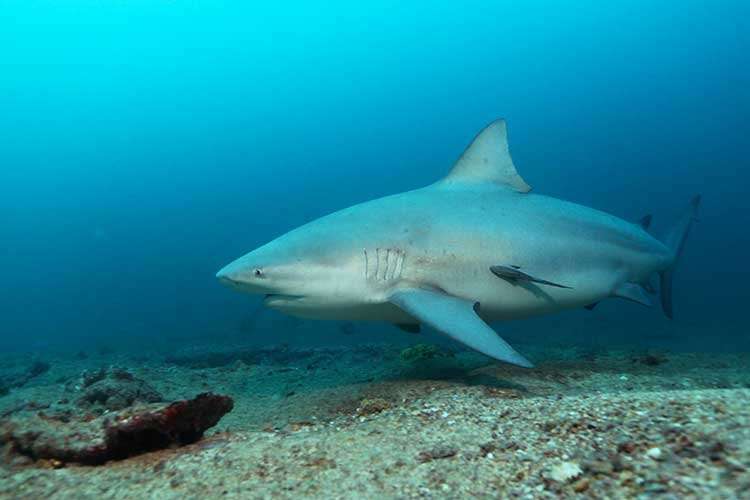Why has this tiny island seen a sharp rise in shark bites?

A small island has become a hotbed for shark bites and people may be partly to blame.
According to a recent study, the natural behavior of sharks along the French Island of La Réunion in the Western Indian Ocean is part of the problem. The significant development of the island's west coast is the other. Sending more fresh water toward those shores has created welcoming conditions for bull sharks – the species responsible for most shark bites there.
The island is in crisis.
"With an increase in people and an increase in the population of bull sharks, we might have a deadly equation," said FIU marine biologist Jeremy Kiszka, a co-author of the study.
The researchers examined changes taking place on Réunion since the 1980s – including a 23-fold jump in shark bites and the environmental effects of development on its western shores. They found a pattern.
Between 2010 and 2016, June, July and August were the most active months for shark bites. During that same time, 90 percent of shark bites occurred along a 31-mile stretch of the island's west coast. Sharks there were particularly active in the evening hours and weekends.

"This is totally related to the sharks' behavior, and sharks preferentially attacked isolated swimmers and surfers," said Kiszka, a research assistant professor at FIU. "At dusk and dawn – especially at dusk – they tend to forage closer to shore."
Historically, fishermen were more likely to encounter bull sharks on Réunion's east coast, where fresh water flowed naturally to the ocean. It is in these environments where female bull sharks give birth to their pups, which grow before venturing out into the ocean in search of better feeding opportunities.
The development of Réunion's west coast, including increased irrigation for agriculture, created more fresh water flows close to those shores, summoning the sharks westward.
Forty-three shark bites have occurred on Réunion since the 1980s—29 were surfers. The others were swimmers, wind surfers, fishermen and kayakers. In total, 27 died.
The deaths have received significant media attention and have spurred risk mitigation efforts that have ranged from the banning of all public swimming and surfing in 2013 to the installation of shark nets on two beaches, the creation of a shark-patrol system and recently, a culling of sharks around the island.
Provided by Florida International University


















